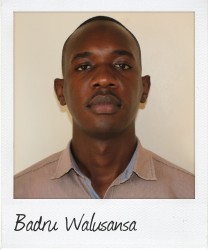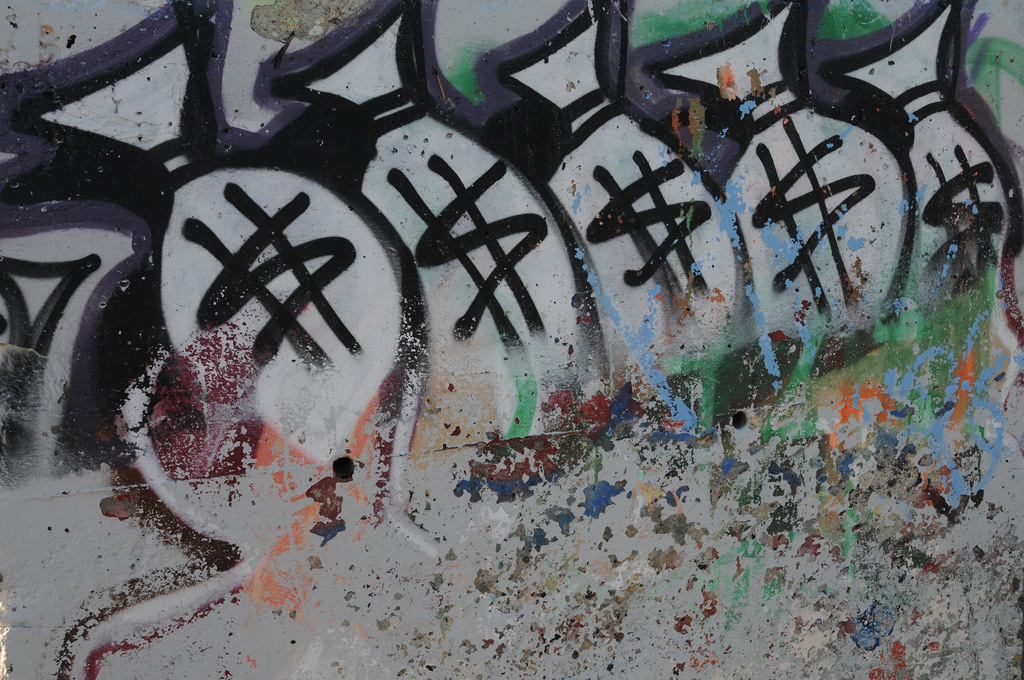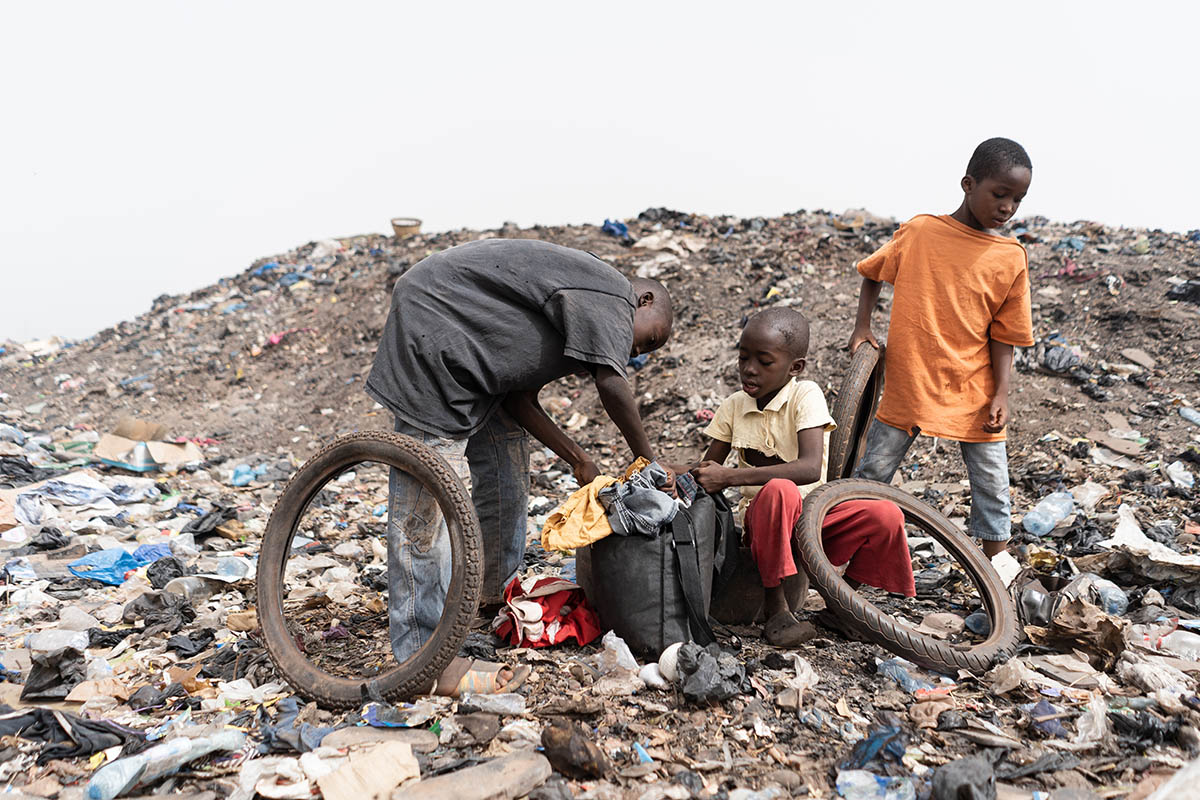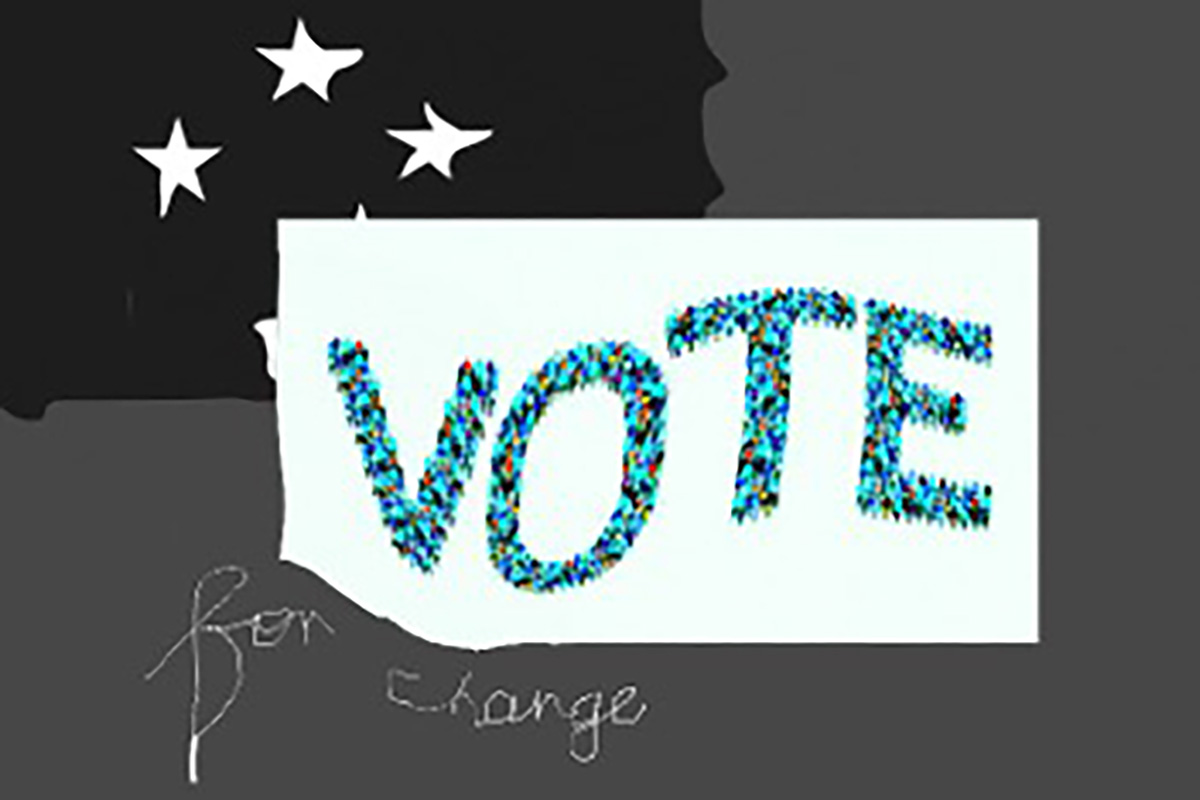“Involving the public in fighting corruption”
December 8 In support of Uganda’s anti-corruption laws, Badru Walusansa, 25, a Commonwealth Correspondent from Kampala in Uganda, notes that the theme of this year’s Anti-Corruption Week puts a focus on enforcement and public engagement in the effort to fight corruption.
In support of Uganda’s anti-corruption laws, Badru Walusansa, 25, a Commonwealth Correspondent from Kampala in Uganda, notes that the theme of this year’s Anti-Corruption Week puts a focus on enforcement and public engagement in the effort to fight corruption.
Uganda ranks high in the measure of corrupt countries around the globe, with the 2015 findings by Transparency International placing Uganda in 139th position out of 168 countries reviewed.
And yet on the contrary, Uganda is among countries with the finest legal framework against corruption. Most reports, whether international or local, point to the public sector as grappling with the most corruption cases.
These reports indicate that the devastating shortfalls in service delivery in Uganda are largely a result of endemic corruption in the public sector. Almost every day, the media is awash with stories about corruption scandals in government ministries, departments and agencies. The private sector is not immune to the corruption ailment either.
Because of endless bribes, extortion and misuse of public funds, some donors and development partners have either withdrawn or are threatening to withdraw support to the country. It’s safe to say Uganda’s corruption track record can sabotage the country’s anticipated vision of attaining a middle income status by 2020.
The Judiciary in 2008 raised hope when it established the Anti-Corruption Division of the High Court to specifically handle corruption offences. The anti-graft court has, since its inception, tried to execute its mandate, as seen in the numerous corruption cases handled. However, the court together with the ombudsman – Inspector General of Government – has faced criticisms for sparing the “big fish” and only going after the “small fish” in the corruption fight, a claim they both refute.
While I hold in high regard the country’s laws on corruption, selective administering of the same doesn’t cut it. Why should the law remain soft on some corrupt officials that have done injustice to the country? Why should someone who has clearly engaged in corruption go scot-free? The (perceived) selective prosecution of corruption cases provides fertile ground for the public to lose interest and confidence in anti-corruption institutions of government.
Matters have been made worse in that the public views promises on fighting corruption as rhetoric. Lately, a joke is told of how a Tanzanian official claimed that “better be corrupt and stay in Uganda, not Tanzania”. Such mockery continues to depict how fashionable and normal corruption has become in Uganda.
As we mark anti-corruption week and Anti-Corruption Day on December 9, it’s important that besides emphasising effective, proper and equal application of the law on corruption, public interest in scaling down the vice in Uganda should be stirred.
This year’s theme for the anti-corruption week is “Rejecting and reporting corruption; your responsibility”, a theme I believe was chosen deliberately. A report by Transparency International, titled People and Corruption: Africa Survey 2015 shows that 47 per cent of Ugandans strongly agree that ordinary people can make a difference in corruption fight in Uganda. While this figure appears minimal, it’s the more reason anti-corruption institutions – both government and private – should strengthen ordinary people’s involvement in fighting the vice, right from their communities.
The public can only reject and report corruption after witnessing that the laws in place are not as cosmetic as they appear to be.
There should be efforts to overhaul mind-sets, especially of many civil servants who are poorly remunerated and believe they are justified to accept and solicit bribes. Government should also be pushed to improve the welfare of civil servants like the police.
Both government and Civil Society Organisations should synchronise their strategies and messages in the corruption fight so that the public is convinced that their involvement matters.
Information sharing on corruption-related matters between anti-corruption bodies and the public is equally important, and hence the need to expedite existing opportunities presented by ICTs. Online reporting systems and applications should be developed and publicised so that the public can use them to report corruption. This will help bridge the gap in communication between the public and anti-corruption actors.
However, this should come along with building the capacity of citizens through training and sensitisation on laws such as the Whistle Blowers Act, 2010, which seeks to protect victimisation or unfair treatment of persons who disclose corrupt practices.
As of now, the public holds little confidence in various government anti-corruption institutions, with only 26 per cent of Ugandans believing government is doing well in fighting corruption, according to Transparency International’s report titled People and Corruption: Africa Survey 2015. The public believes that government selectively nets the corrupt while certain persons are immune to prosecution. Such claims continue to stifle public involvement, which is pertinent in the fight against corruption.
In order to dispel such public discontent, different anti-corruption actors, including the Inspector General of Government, police, CSOs, the media and development partners, should rethink and increase public involvement in the fight against corruption.
Photo credit: dubnars NSC_0511.JPG via photopin (license)
………………………………………………………………………………………………………………
About me: I am a coordinator for Hands Against Poverty-Uganda, an initiative I support as I aspire to influence more youths in Uganda to directly engage in poverty reduction programmes. I am active in human rights advocacy and elections management, after having been a voter educator at the Citizens Election Observers Network-Uganda.
I have a passion for writing and have authored several articles on different topics in the Weekly Observer newspaper, and contribute articles for the Foundation for Human Rights Initiative’s website.
…………………………………………………………………………………………………………………
Opinions expressed in this article are those of the author and do not necessarily represent the views of the Commonwealth Youth Programme. Articles are published in a spirit of dialogue, respect and understanding. If you disagree, why not submit a response?
To learn more about becoming a Commonwealth Correspondent please visit: http://www.yourcommonwealth.org/submit-articles/
………………………………………………………………………………………………………………






